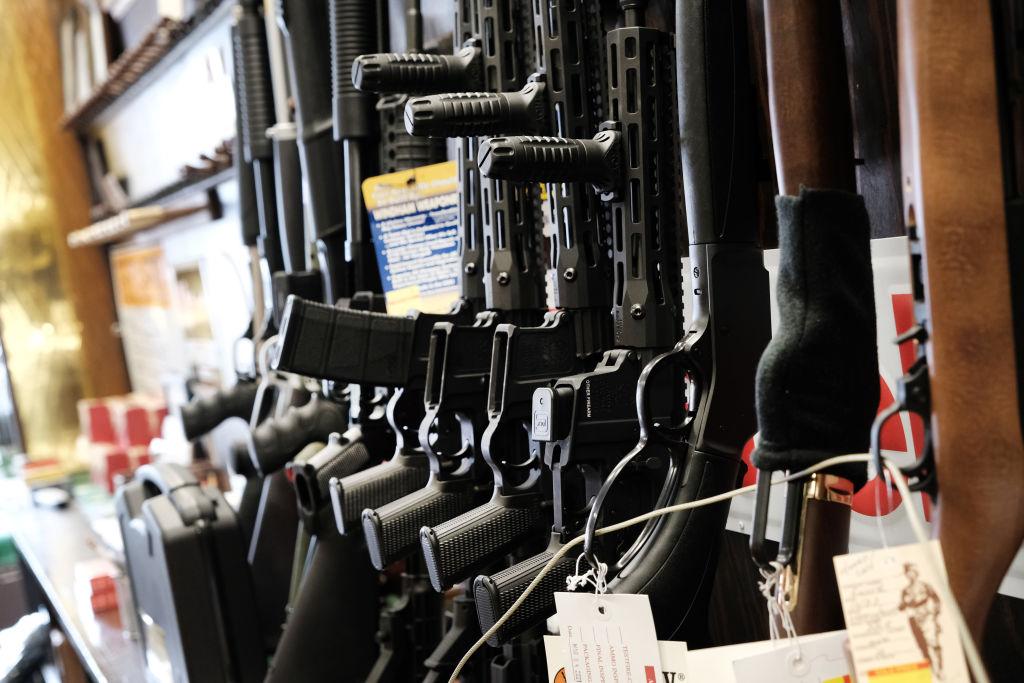Philadelphia, like many American cities, “is awash with illegal guns. A tide of gun violence inevitably follows the flow of these guns into neighborhoods and communities, leaving behind the wreckage of broken lives, shattered bodies, and communities of traumatized survivors.” These are the first lines of a lawsuit brought by the city against three gun shops it blames for “fueling gun violence” by selling guns to people making straw purchases.
That is when “sham buyers pretend to buy firearms for themselves when they are really purchasing the firearms to sell or give to others,” the complaint filed in the Philadelphia County Court of Common Pleas says. The stores should have known customers were attempting to engage in illegal straw purchases, the complaint says, from the “unmistakable indicators of illegal activity—including high volume, multiple-sale transactions involving duplicate or near duplicate firearms, open collaboration between buyers and others in-store, and the presentation of false identification to store clerks.





